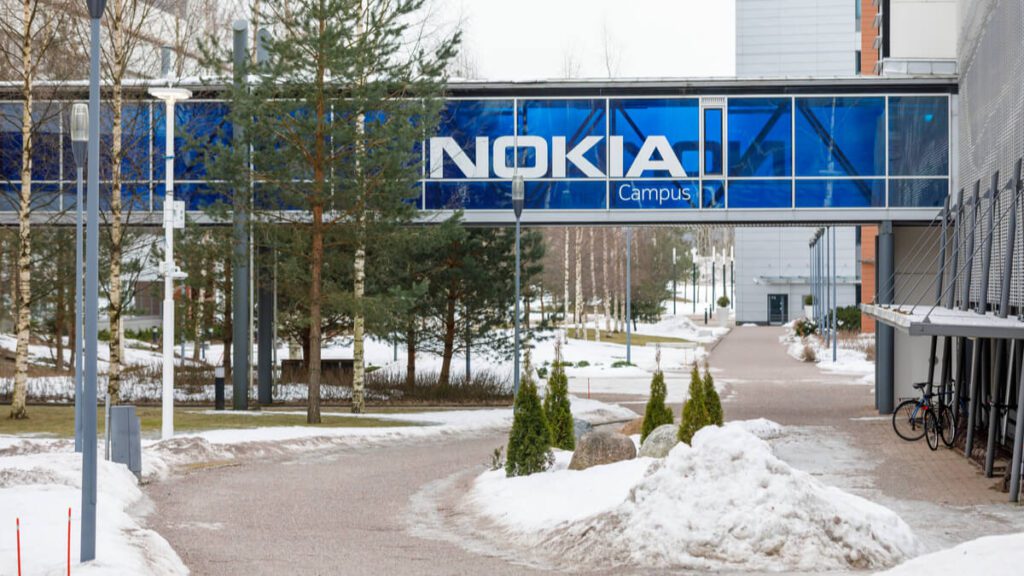
Finnish telecom equipment maker Nokia announced on Thursday that it has been selected by A1 Austria to provide comprehensive 5G coverage across the country in a multi-year contract.
The deal – which will push A1 Austria to become a local market leader – will see Nokia supply 5G radio access and core network services. The deployment of products and services is underway with the core element expected to be rolled out in the first half of 2021.
According to a joint statement by both companies, the Finnish provider will supply A1 with its AirScale portfolio including 5G RAN, AirScale base stations, and Nokia AirScale radio access products. These solutions will enable A1 Austria to deliver markedly enhanced connectivity and capacity benefits to their consumer and business subscribers.
The Austrian operator will also launch 4G and 5G network slicing commercially following a successful pilot. The solution will support connectivity from 4G and 5G devices over the sliced network to applications running in private and public clouds.
The slicing continuity between the networks allows operators to maximize their network coverage for new mobile connectivity services and deliver new value and business opportunities, the statement pointed out.
“Our ambition is to ensure Austria enters the digital era with the best connectivity underpinned by our 5G network. With Nokia as our partner, we have already worked side by side on many successful projects and we had no hesitation in continuing our collaboration to ensure that we realize the full potential of 5G technology,” Marcus Grausam, CEO, A1 Austria, said in the statement.
Nokia has had a long-standing partnership with A1 which has included the successful expansion of 3G and 4G mobile networks and the rollout of Austria’s largest fiber-optic network.
In the past, Nokia and A1 Austria have also successfully deployed several private wireless campus networks in Austria, including installations at Magna Steyr, Vienna Airport, and 5G Playground Carinthia.
“We are delighted to extend our long-standing partnership with A1 Austria into the 5G era by supplying our RAN and core technology. We have already worked collaboratively with A1 on several exciting projects and we take this expansion project as an affirmation that our technology is best-in-class. We look forward to embarking on this next journey as their trusted partner,” Tommi Uitto, President of Mobile Networks at Nokia, said.
A1 – a subsidiary of Telekom Austria – commercially launched 5G services in January 2020.
At the time of the launch, the telco said that its 5G network will cover 350 locations across 129 municipalities in Austria. The company noted its “A1 5Giganetwork” will be the largest 5G network in Austria, spanning 54,000 square kilometers.
A1 acquired 5G spectrum in the 3.5 GHz band in March 2019.
While the deal spells good news for both parties, Nokia still needs to bolster its position within the worldwide telecoms market, and that begins with the company adding more exciting customers to its portfolio.
Earlier this month, the Finnish company’s chief exec Pekka Lundmark warned of troubling times ahead.
According to Nokia’s Financial Report for Q4 and Full Year 2020, Lundmark highlighted a better than expected fourth-quarter revenue and underlying profit but the company forecast 2021 revenue to fall to between 20.6-21.8 billion euros ($25-26 billion) from 21.9 billion euros in 2020.
“These are encouraging results, however, as I said in Q3, we expect 2021 to be challenging, a year of transition, with meaningful headwinds due to market share loss and price erosion in North America,” the CEO warned in the report.
Lundmark is referring to Nokia’s partial loss of the Verizon 5G contract in the U.S. to South Korean Samsung Electronics.
Back in October 2020, Nokia’s chief exec announced a new strategy that will see the company expand into four business types, highlighting that the company will “do whatever it takes” to lead the 5G line, with hopes of taking further market share from Chinese tech titan Huawei.
“We believe that we have year-to-date captured about half of the geopolitically influenced opportunities that are there,” Lundmark added back in October. “Most of these cases have been in Europe.”